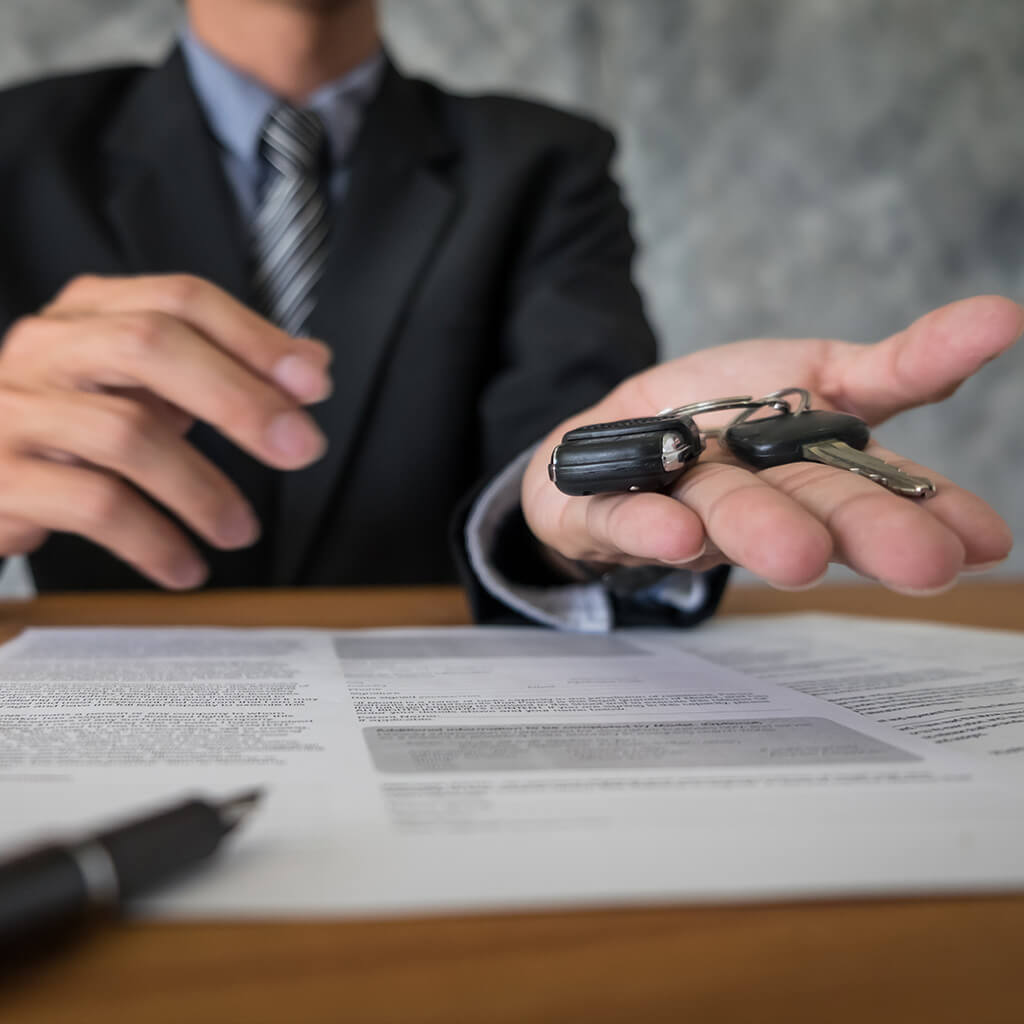When purchasing a used car, there are several essential documents that you need to ensure a smooth and legitimate transaction. These documents are crucial for verifying the ownership of the vehicle and protecting yourself as a buyer. Here are the key documents you should always ask for and review before finalizing the purchase of a used car.
1. Vehicle Title: The most important document you need when buying a used car is the vehicle title. This legal document proves ownership of the vehicle and contains essential information such as the vehicle identification number (VIN), make and model, and the name of the current owner.
2. Bill of Sale: A bill of sale is a formal document that records the transaction between the buyer and seller. It includes details such as the purchase price, date of sale, identities of both parties, and a description of the vehicle being sold. This document is essential for both parties to have a record of the sale.
3. Vehicle History Report: Before buying a used car, it’s crucial to obtain a vehicle history report. This report provides information about the car’s past, including accidents, title status, service records, and odometer readings. It helps you make an informed decision about the vehicle’s condition and value.
4. Vehicle Registration: The vehicle registration document proves that the car has been registered with the appropriate state authorities. It also contains details about the vehicle, such as the VIN, license plate number, and owner’s information. Make sure the registration is current and matches the seller’s information.
5. Owner’s Manual: While not a legal document, the owner’s manual is essential for understanding the car’s features, maintenance schedule, and troubleshooting tips. Having the owner’s manual adds value to the purchase and helps you take better care of the vehicle.
6. Service Records: Requesting service records from the seller gives you insight into how well the car has been maintained. These records document past repairs, maintenance checks, and any issues the car may have had. A well-documented service history indicates a well-cared-for vehicle.
7. Insurance Documents: Ensure that the seller provides you with the car’s insurance documents. This includes the insurance policy, coverage details, and expiration date. Having insurance documents can help you transfer coverage or purchase a new policy for the vehicle.
8. Release of Liability Form: Some states require a release of liability form to be completed when selling a vehicle. This form releases the seller from any responsibility for the car once it has been sold. Make sure to obtain a signed release of liability form to protect yourself from any future issues.
9. Warranty Documents: If the used car comes with a warranty, make sure to review the warranty documents carefully. Understand what is covered under the warranty, the duration of coverage, and any conditions or limitations that may apply. This information is crucial for any future warranty claims.
10. Financing Documents: If you are financing the purchase of a used car, ensure you have all the necessary financing documents in order. This includes loan agreements, payment schedules, and any other paperwork related to the financing of the vehicle. Review these documents carefully before signing.
Ensuring you have all the essential documents when buying a used car is crucial for a successful and secure transaction. By reviewing these documents carefully and verifying their authenticity, you can protect yourself as a buyer and make an informed decision about your purchase. Always consult with legal professionals or experts if you have any doubts or concerns about the documentation provided.
